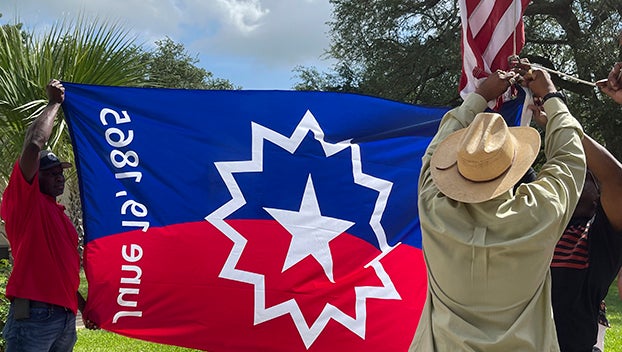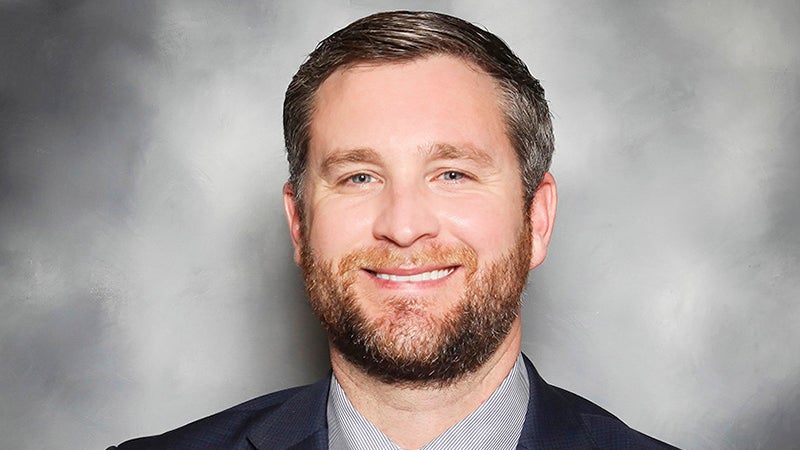Price of democracy includes cost of holding elections
Published 10:13 am Tuesday, January 5, 2016
The cost of democracy in Port Arthur is pushing higher and higher because of the number of elections held at the end of 2015 and the beginning of 2016. The city has regularly scheduled elections each May. That’s when City Council terms expire and elections are held to return or replace people serving on council. The reason for the additional elections, which cost $70,000 or more each time the polls are opened, is because someone serving on the council announced they would not be fulfilling the agreement they made with voters to serve out their term on city council and would be seeking a different office instead.
Position 7 City Council member Derrick Freeman announced last year that he would be a candidate for Mayor in the election scheduled for this May. That announcement triggered the Texas “Resign to Run” rule and because of the amount of time left in Freeman’s term, state law dictates that a special election would be required to replace Freeman on the council. The election was called. Four candidates ran and none of them received a majority of the vote, thus a runoff election was required.
Unfortunately for city taxpayers, runoff elections are no bargain as compared to regular elections. They still require poll workers, voting machines, voting locations, etc. The runoff election was held and the fewer than 6 percent of Port Arthur’s voters who went to the polls gave Charlotte Moses the nod to take the council seat.
Then during the filing period for the upcoming primary elections, which are not city elections and are not held at cities’ expense, Council member Stephen Mosely, in his first term representing District 4, announced he would run in the Democratic Primary for the County Commissioner seat now held by Michael “Shane” Sinegal. Because of the amount of time remaining in Mosely’s term, state law again required the city to hold a special election to find a new council member to represent District 4. And that election, another $70K for Port Arthur taxpayers to fund, could also require a runoff.
Democracy is not free, and the cost of elections is part of the way our system operates. People who hold elective office are free to seek a different office and the cost is passed on to, you guessed it, the taxpayers. And taxpayers are also free to ask candidates if they will make a commitment to serve out their term — and vote accordingly. It’s not a perfect system, but it’s better than any other system of choosing our leaders. It’s the price of democracy.




